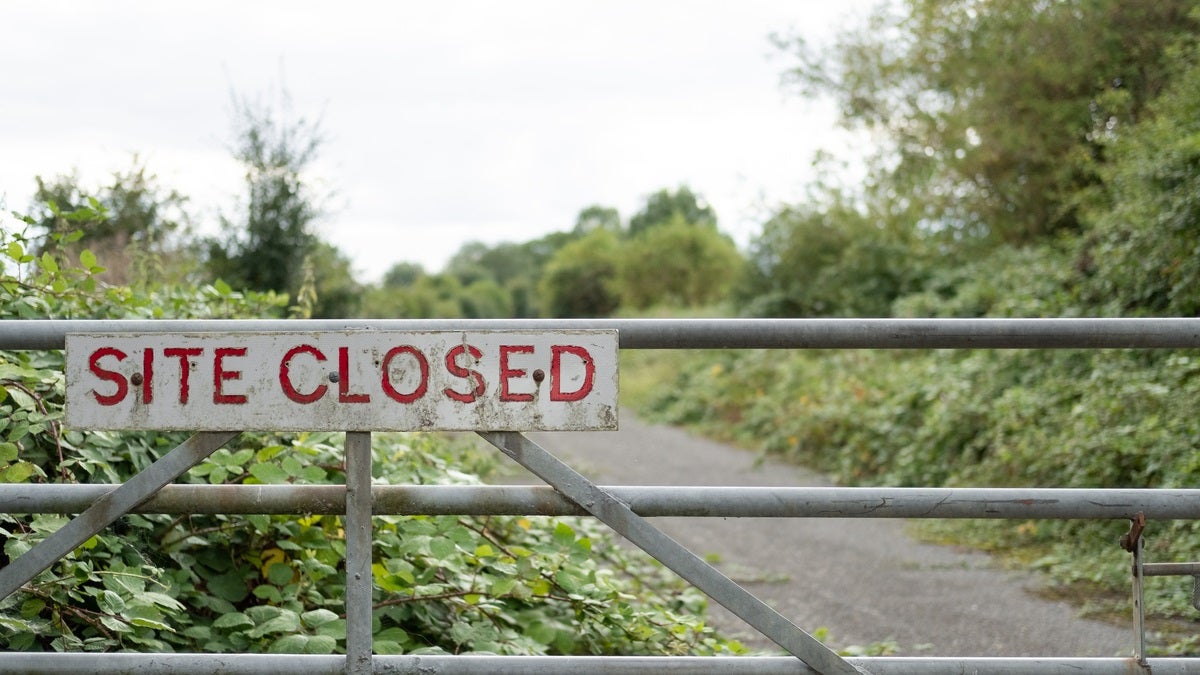
After COP26 there were people who thought the actions and commitments didn’t go far enough. What I have seen, though, is how much the net-zero agenda has moved from a corporate social responsibility office to the heart of the boardroom in most major financial institutions and large businesses.
That fundamental shift has meant that rather than business being dragged along or pushed to make change, it is at the heart of progress towards net zero. And that’s how we’re going to accelerate funding to enable sustainable change.
COP26 was successful in the sense that it cemented, certainly within UK corporate culture, that sustainability and net zero is important. Many chief executives have put their neck on the line, so there’s no going back.
Building a policy environment focused on net zero
At Bankers for Net Zero, as the UK country chapter of a net-zero banking alliance, we are focused on policy that enables change and making sure banks can deliver on the commitments they’ve made. But currently the policy environment we have in the UK is not sufficient.
The ambition is there, but the sector-by-sector policy is still not in the right place. There’s a lot of cash available to invest and the finance industry wants to invest it in the right places, but we need the right policy framework for that to happen otherwise we risk stranded assets and stranded communities.
Rather than business being dragged along or pushed to make change, it is at the heart of progress towards net zero
One of our biggest challenges is how things get measured. If the Big Four [accountancy firms] were competing on how they presented a balance sheet or a profit and loss account, everybody would think they were crazy. But that’s what we’re doing in sustainability. We’ve got a range of taxonomies, while different regions are doing different things. We need to improve collaboration.
The launch of GFANZ [the Glasgow Financial Alliance for Net Zero] and Race to Zero last year were really positive. There have been some issues, but fundamentally all the organisations that sit within the net-zero banking alliance are still aligned to race to zero.
Nevertheless, we need to keep our eye on that collaborative effort. There’s so much noise, so we need to start speaking the same language and pull together to create a more cohesive conversation.
Bringing small business on the net-zero journey
SMEs are a big area of focus and we’re doing a big piece of work in this area that we will be showcasing at COP.
Until now, everything has been very top-down, big picture and top level, but we need to start building things from the ground up as well. Getting SMEs on board often ends up in the ‘too difficult’ box, with questions over how to reach and engage them. But this is a priority for the Egyptian presidency of COP.
After COP26 we made high-level commitments, now we have to roll up our sleeves and start tackling the issues. There are competing interests on implementation and what that means. There will be businesses that don’t survive the transition. Other opportunities will be created, but how you manage this is a key aspect we need to start speaking about very honestly.
At COP27, what I’m hoping for is a greater level of commitment from financial institutions around the world. We’ve seen stories in the press recently about US banks wavering on these commitments but the transition to net zero is not going to happen without money.
If there are concerns around shareholder expectations, we need to start dealing with it at the source. That might mean redefining what fiduciary duty means in the 21st century.
At COP26, we got the boulder to the top of the hill but it’s still teetering there. We need to make sure it starts on its downward trajectory, so we can really unleash finance.
The government can set direction, but it’s got to be the private sector that invests. As long as we have those really clear signals from government, then money will follow. That’s where we really need to get to.
Heather Buchanan is the co-founder of Bankers for Net Zero, an initiative that brings together banks, businesses and regulators to support the financial sectors transition to net zero in the UK.
As told to Francesca Cassidy

After COP26 there were people who thought the actions and commitments didn't go far enough. What I have seen, though, is how much the net-zero agenda has moved from a corporate social responsibility office to the heart of the boardroom in most major financial institutions and large businesses.
That fundamental shift has meant that rather than business being dragged along or pushed to make change, it is at the heart of progress towards net zero. And that's how we're going to accelerate funding to enable sustainable change.
COP26 was successful in the sense that it cemented, certainly within UK corporate culture, that sustainability and net zero is important. Many chief executives have put their neck on the line, so there's no going back.
